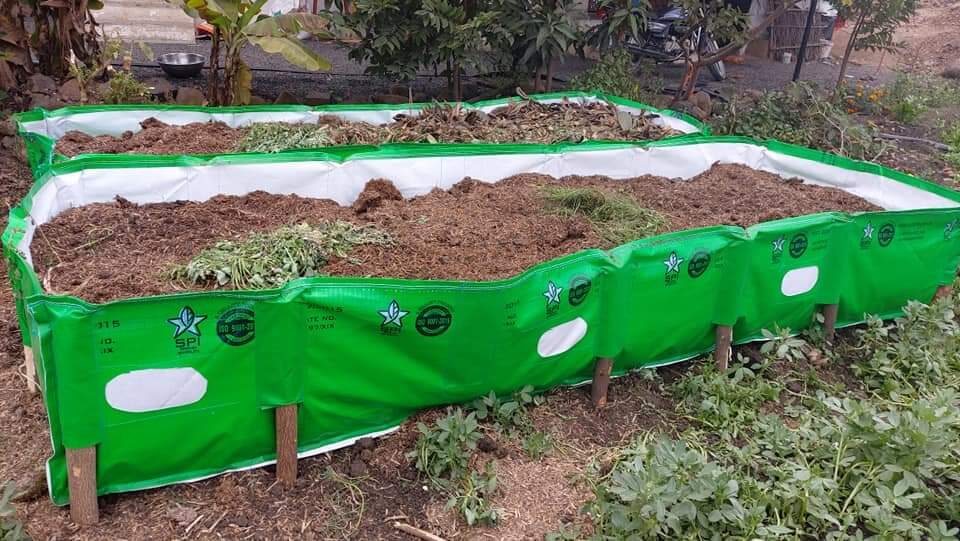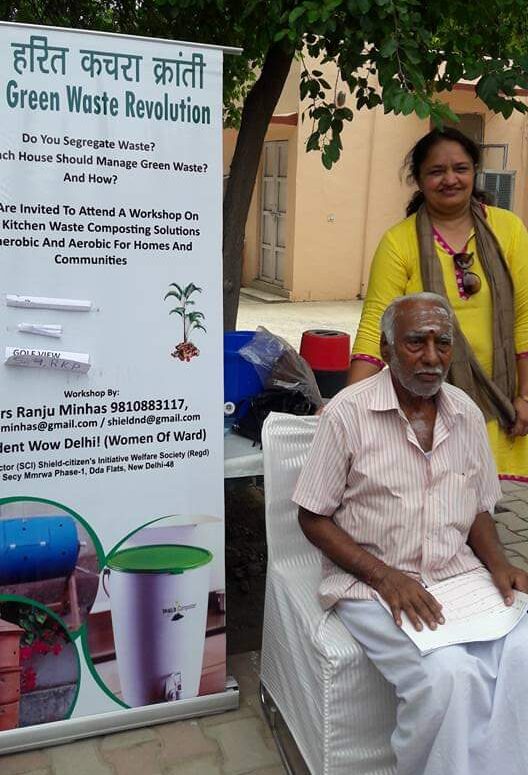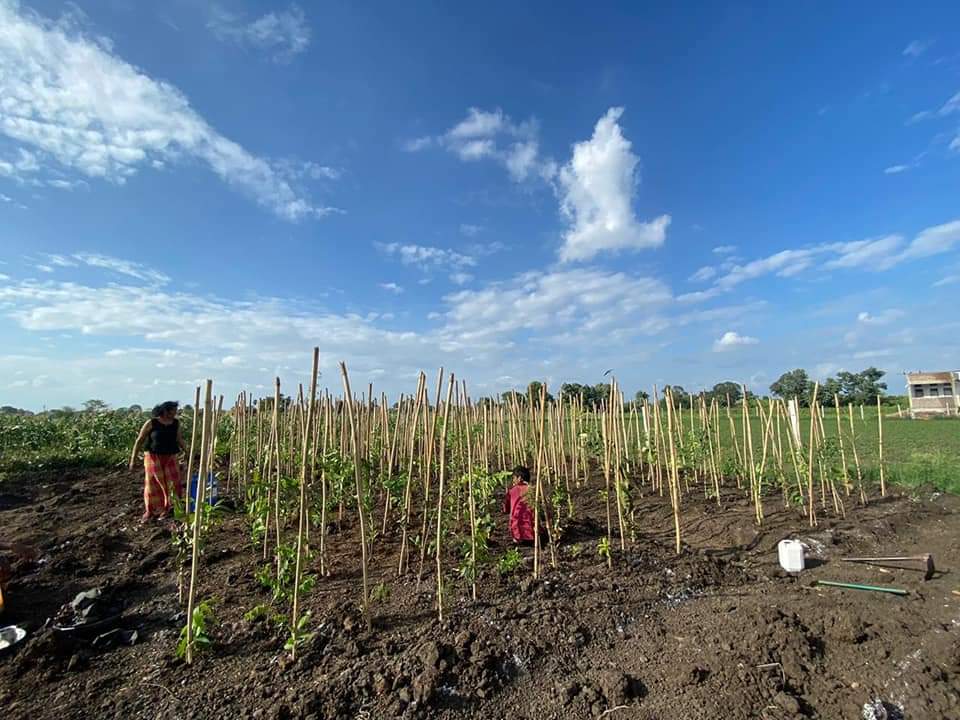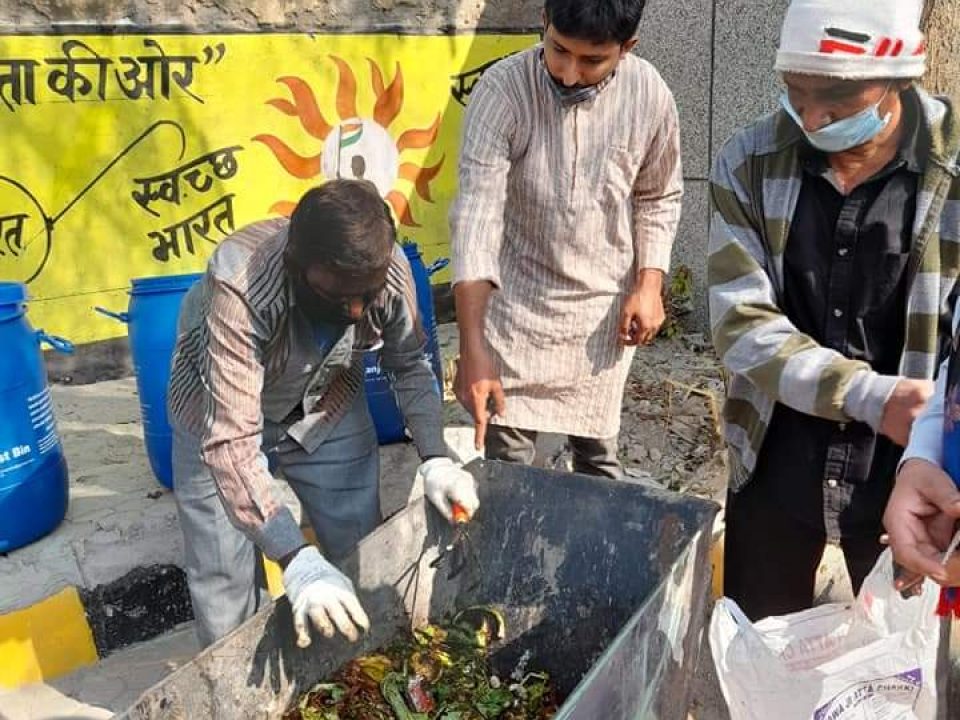The tree-man of Najibabad, Sushil Kumar is on a mission...
Read More
Environment Care
It took 40 tons of toxic methyl isocyanate gas spilling into the skies over Bhopal in 1984 for India’s first comprehensive legislation on environmental protection to come into being. The Environment (Protection) Act. 1986, provided a legal framework for all activities impacting natural resources, especially development projects.
More than 35 years since the EPA was put in place, India’s environmental issues have steadily increased in severity. Falling air quality, unmanaged solid waste, water scarcity and land degradation are just some of the ecological problems begging attention. Unchecked development and subsequent change in land use is severely threatening both floral and faunal biodiversity. While the number of tigers may have increased, their habitats continue to shrink and fragment
According to a Central Pollution Control Board report of 2018-19, India produces nearly 33 lakh tons of plastic waste every year. Half of this is estimated to be single- use plastics (carry bags, cutlery, plates, cups, glasses, straws, packaging material, etc.). Only about 60% of this is recycled while the rest ends up in landfills or simply litters the countryside.



Try to Become a Volunteer, This Can Solve Many Problems
Chetna Hero, Shail Mathur, in Noida (UP) is slowly but surely making vendors in local markets refrain from using the plastic carry bag. Ranju Minhas’ Freedom from Waste movement promotes composting as a solution to kitchen waste disposal. It is estimated that 80% of waste generated comes from homes. Domestic kitchen waste is one of the main reasons why a plastic carry bag ends up in the local garbage dump, poisoning and even killing hapless animals that happen to ingest it.
In collaboration with the Bhopal Nagar Nigam, Mita Wadhwa has established the ‘Nagar Nigam Samadhaan Kendra’ — a first-of-its-kind space in India that showcases alternatives to single use plastics. Mita is also the architect of a unique food re- distribution initiative where the prasad or food offering to deities at local temples are segregated, repacked hygienically and delivered to slums where it is most gratefully received. This has stopped the massive wastage of food that used to occur during major religious festivals.

The earth is what we have in common and the Chetna Heroes are keeping the hopes of the future generation alive with their tireless efforts.














